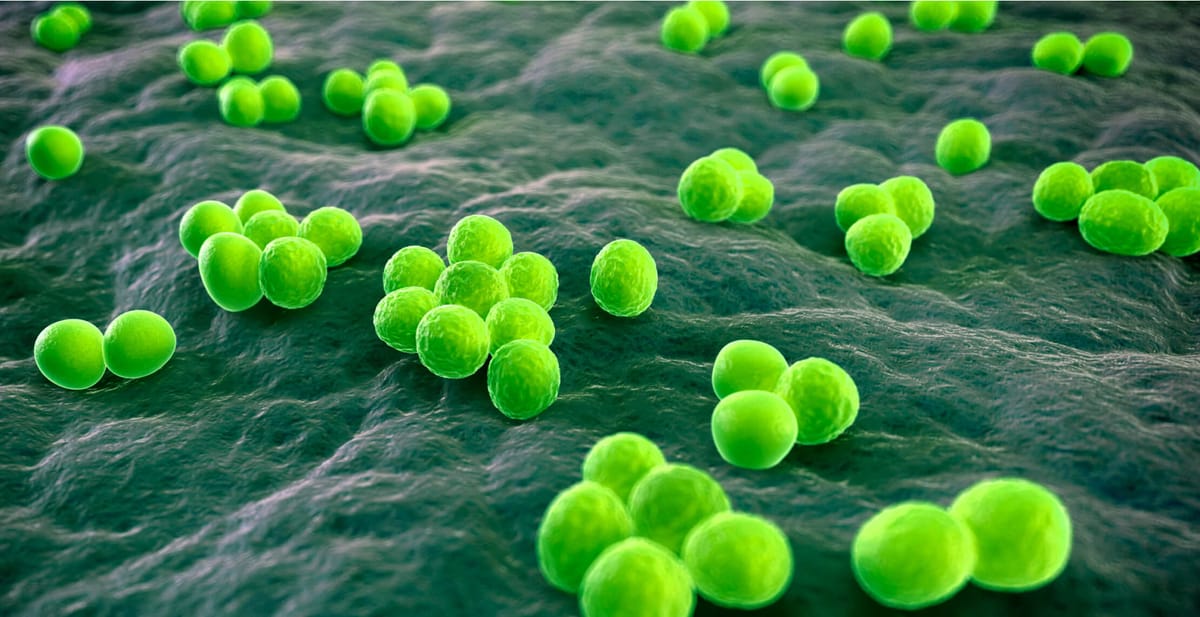
Researchers at MIT have used AI to identify a new class of antibiotic candidates capable of killing methicillin-resistant Staphylococcus aureus (MRSA), a deadly antibiotic-resistant bacterium. The findings, published in Nature, demonstrate how AI tools can accelerate the discovery of new medicines at a time when drug-resistant superbugs are on the rise globally.
Powerful deep learning models were trained on data from over 39,000 chemical compounds screened for antibiotic activity against MRSA, which claims over 10,000 lives in the U.S. each year. By analyzing this dataset, the AI learned to predict how effective new molecules could be based solely on their chemical features. Over 12 million commercially available compounds were then virtually screened, enabling the AI to flag thousands of potential antibiotics.
From this vast pool, researchers identified one especially promising new class of antibiotic candidates. Experiments confirmed two compounds from this class were highly potent against MRSA and vancomycin-resistant Enterococcus faecium (VRE) - another dangerous pathogen - in both lab cultures and mouse infection models.
Unlike conventional antibiotics that target specific proteins, these AI-discovered compounds appear to attack bacteria by dismantling molecular gradients across cell membranes. This breakthrough mechanism could circumvent existing resistance genes. The candidates also exhibited remarkably low toxicity against human cells.
The researchers believe these AI techniques can accelerate future antibiotic discovery to outpace the evolution of drug resistance. Similar methods are already being applied to identify new medicines for conditions like arthritis and cancer.
"We have pretty strong evidence that this new structural class is active against Gram-positive pathogens by selectively dissipating the proton motive force in bacteria,” said Wong. “The molecules are attacking bacterial cell membranes selectively, in a way that does not incur substantial damage in human cell membranes."
With over 80,000 Americans infected annually, MRSA kills more people in the US than AIDS. The superbug often causes skin infections or pneumonia which can escalate to sepsis, a life-threatening condition. As traditional antibiotics become obsolete against evasive bacteria, new solutions are desperately needed. AI promises to supercharge the laborious process of drug development.
“Our work identifies a new class of antibiotics, one of the few in 60 years, that complements these other antibiotics,” said James Collins, a co-author of the study.
The findings, now in the hands of Phare Bio, a nonprofit (started by Collins) and associated with the Antibiotics-AI Project, will undergo further analysis for clinical applicability. Meanwhile, Collins' lab continues to design new drug candidates and apply these models to combat various bacterial pathogens.
This study not only highlights the potential of AI in revolutionizing antibiotic discovery but also underscores the need for ongoing innovation in the fight against drug-resistant bacteria. This collaboration between MIT, Harvard, the Broad Institute, and other institutions, funded by various foundations and agencies, exemplifies the collaborative effort required to tackle such global health challenges. And this latest breakthrough offers hope in the arms race against drug-resistant microbes that show no signs of slowing.

